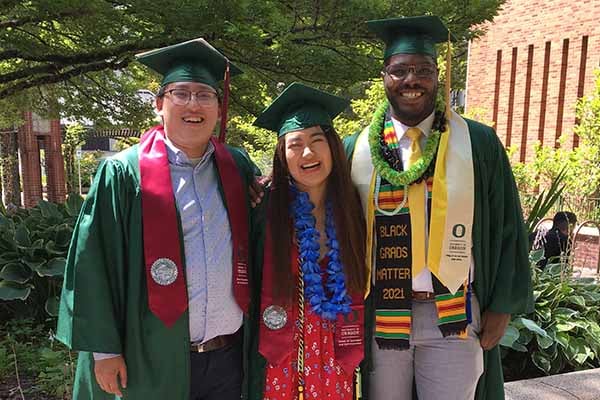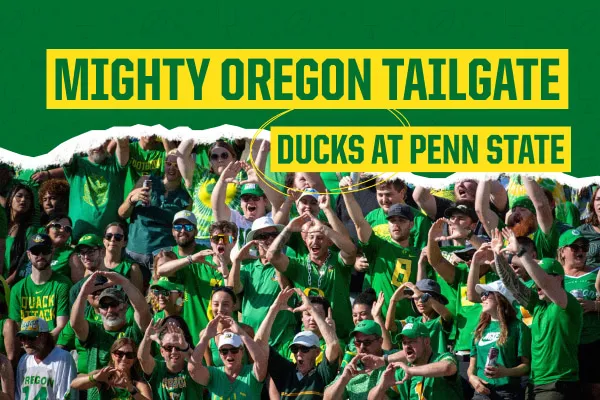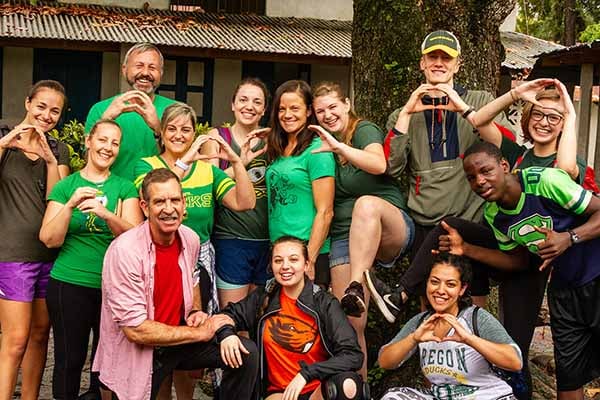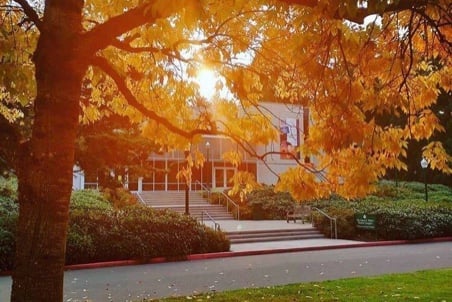April 2, 2020
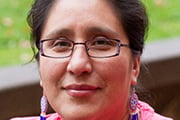
Rosa Chavez-Jacuinde, BA 1996; JD 2003
Job Title: Associate Director at the UO Center for Multicultural Academic Excellence
Major: International Studies: Spanish; Law
Rosa Chavez-Jacuinde always knew in her heart that she wanted to help people. As an undergraduate at UO, she studied both international and environmental studies and decided to continue her education further, receiving a law degree soon after with the aspiration to be of service to others. With her extensive knowledge in these various fields, she worked as an attorney where she successfully maintained relationships between herself and others throughout her career. This eventually led her to the UO Center for Multicultural Academic Excellence, where she now serves as the Associate Director. Rosa also serves on the Board of Directors for the UO Alumni Association.
What are a few different ways you have focused on communication skills in your workplace?
The ability to listen is one of the most important factors in communication. I believe that people sometimes think communication means just writing and speaking, but honestly the most crucial part of developing great communication skills involves listening. I’ve noticed in the past that when I worked with my clients, and now working with students, that they enjoy talking with me because they feel like they’re being heard. Being able to sit down with someone and just listen to their stories, ideas and concerns can make the world of a difference. Developing listening and interpersonal communication skills are something I highly encourage students to start working on now.
How do you participate in and promote cooperation and joint effort?
You have your goals every year. Your company has its goals, and you want to be able to support that based on your functionality. When you understand where your company wants concentrated growth, you can gather your team together to decide who wants to take on what. You collaborate and say, “We’ve got these different projects and initiatives. Does anybody want to do one? Does anybody want to take it on?” You want to give your colleagues the opportunities that are there for the taking. It gives people the chance to feel like they can put their best foot forward and contribute to the greater goal. And if they need help, you guide them.
What are some ways that others can develop or enhance communication skills in the workplace?
One of the best ways to develop good communication skills is by interacting with others you may normally not be around—whether that be your gender, cultural group, friends or even people who just have different interests than you. We are so lucky to be in a type of college environment where you can go listen and interact with different people during all kinds of events. The UO Alumni Association puts on various networking events, including etiquette dinners, for this reason. There are so many things happening on campus that are easily accessible for students if they are looking to develop better communication skills. A better way to reframe networking is to look at it more as “community building”—and that development of community building should begin during your time as an undergraduate.
Do you have any advice you’d like to share with current students and recent graduates?
You must remember to be patient with yourself. I wanted to take some time for myself before I went to graduate school, and the first job I had after finishing my undergraduate degree was completely unrelated to it. It wasn’t the most enticing job I had ever had, but it was work nonetheless. You can learn new skills in whatever job field you work in, and that’s why being open to any job is beneficial to you and your career. The most important thing to remember is that your work ethic will always outshine any first job you ever had.
What do you know now that you wish you would’ve known while you were a student at UO?
I absolutely would have gone to more advising sessions and joined more academic clubs. I think overall just not being afraid to try new things. There are so many opportunities that I didn’t know about that I wish I would’ve asked about. Of course, it is difficult to do all of these things when you have such a full workload already as a college student—but advising is set in place for that reason, and I definitely wish I would have taken better advantage of that.
Written by Skylar Anderson, Daily Emerald Reporter



